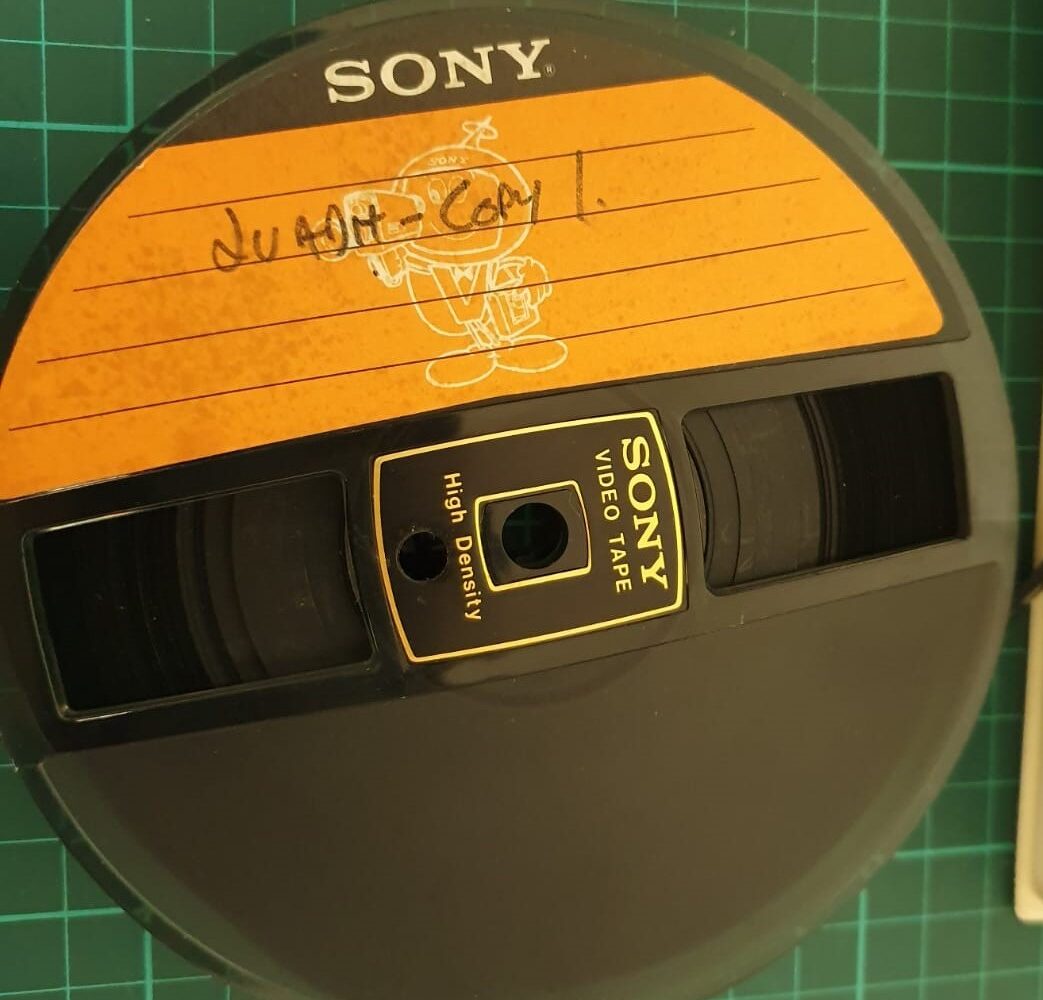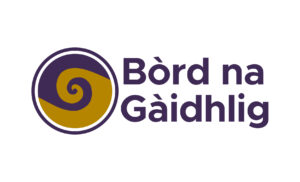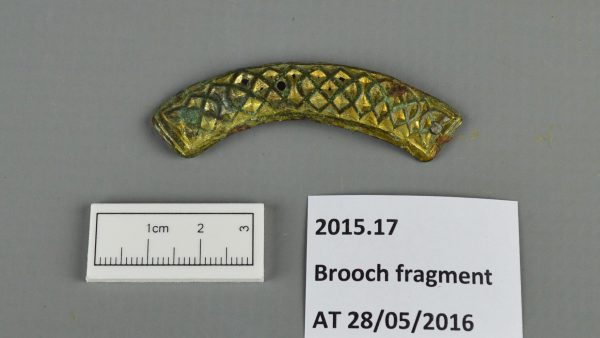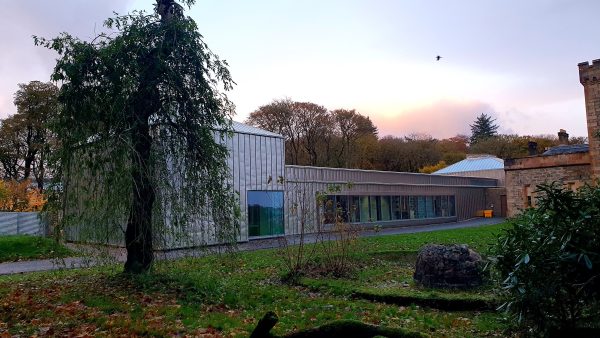
Cinema Sgìre Collection
A collection of over 100 videotapes produced by communities in the Outer Hebrides in the late 1970s through the Cinema Sgìre project has been digitised, and the highlights will soon be accessible to the community as part of a programme of film screenings.
The films were produced under the Cinema Sgìre community education project, which was based mainly in Uist and Barra, and ran from October 1977 until March 1981. As well as providing a mobile cinema service, the project, which was directd by Mike Russell, also delivered a community video production element. This involved local communities learning to record videos of everyday life in the islands, when the format was in its infancy. Set up by Comhairle nan Eilean, the original project was largely supported by the Scottish Film Council, the Highlands and Islands Development Board and the Gulbenkian Foundation.
The tapes have been under the care of Museum nan Eilean but their obsolete, rare format and the cost and complications of digitising them meant the content was impossible to access. Therefore the decision was taken in 2020 to donate the collection to the Moving Image Archive (part of the National Library of Scotland), due to their specialist knowledge of film archives.
Now, thanks to the partnership between Museum nan Eilean and the Moving Image Archive, the tapes have been preserved and digitised and will be made available online. Local company UistFilm, the producers of recent archive-based documentary feature Dùthchas, has been contracted to create a detailed catalogue and to run a series of community engagement events across the Outer Hebrides. This will enable people from the communities in which the videos were created to view the collection’s highlights for the first time in decades.
Covering the whole of the Western Isles from Ness to Vatersay, the collection gives an intimate insight into traditional ways of life in the islands in the late 70s as well as community developments. We see the blacksmith ‘Jellicoe’ at work in his smiddy in Ness, and demonstrations of the traditional processes in making tweed, from shearing sheep to waulking. Discussions on current affairs and community development are recorded, as well as visits to Welsh and Irish community development projects.
Singing and dancing at local Mòds also feature prominently, including a Welsh male voice choir’s impromptu performance on the pier in Stornoway as passengers disembark from the Suilven. There is a comic re-telling of the Bonnie Prince Charlie story by Harris Drama Group, alongside interviews with people of all ages, in Gaelic and in English, including older tradition bearers. Taken together the collection provides a wealth of valuable material appealing to all interests.
As well as providing opportunities to bring communities together to enjoy and share memories, it is hoped that those who were involved in or remember the original project will be able to assist with identifying people and locations, thereby enriching the catalogue.
Over the coming months UistFilm will be presenting a series of bilingual screening events at local community venues throughout the islands, as well as online, where selections of the videos relevant to those locations will be shown publicly. Members of the community are encouraged to help identify those appearing in the videos and share their knowledge and recollections of the occasions and issues appearing in the archive, ranging from the opening of Iochdar and Vatersay Halls and the 1979 Royal Visit to Stornoway, to crofters gathered round a successful cattle sale in South Uist. The screening events will be free and all are welcome to attend. Whether or not you remember the Cinema Sgìre of the time, there is sure to be something of interest to everybody!
If you, or anyone you know, had any involvement in the Cinema Sgìre recordings, behind or in front of the cameras, we would love to hear from you! Please contact: info@uistfilm.org
The contents of the collection are in the process of being fully catalogued, and will be available through the Moving Image Archive website in due course.
This project has been funded by Bòrd na Gàidhlig and The Gaelic Language Promotion Trust.



